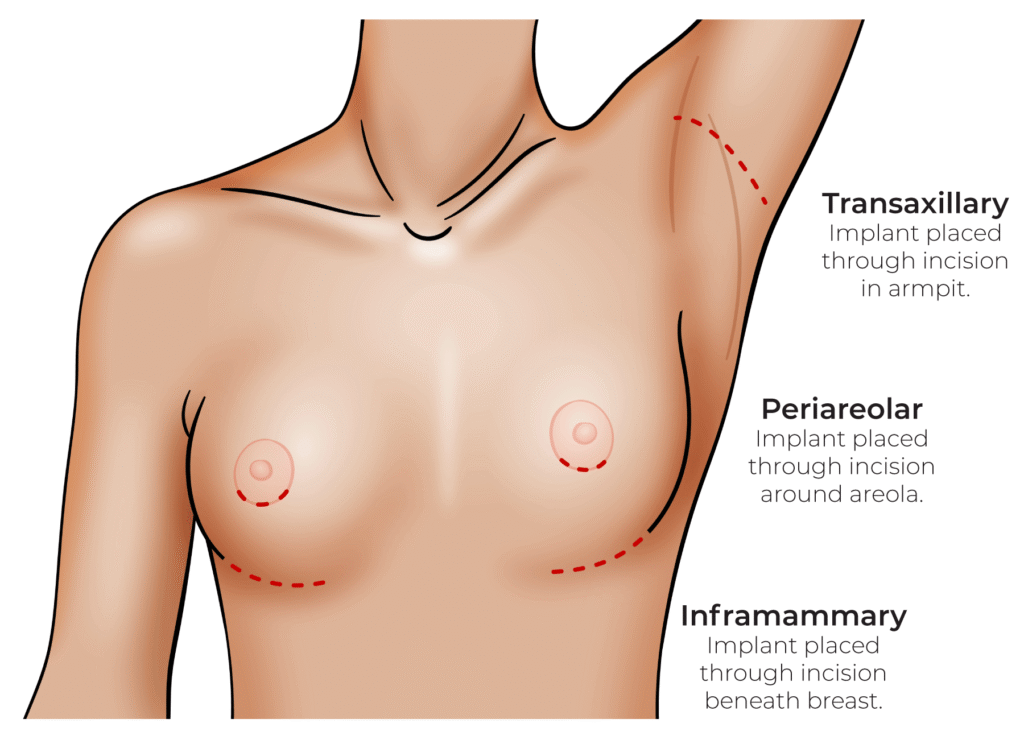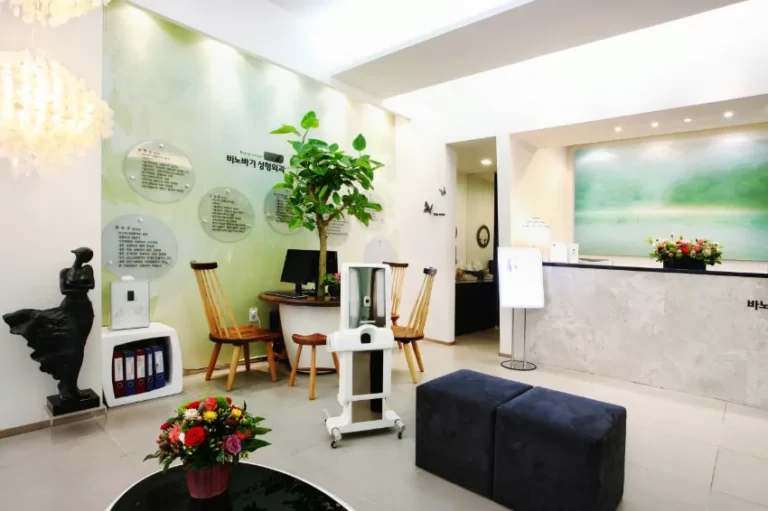Breast augmentation is one of the most commonly performed cosmetic surgeries in Korea, attracting medical tourists from around the world. But if you have a family history of breast cancer, you may wonder whether breast implants are safe—or if you should even consider surgery at all.
The good news? Having a family history of breast cancer doesn’t automatically disqualify you from getting breast augmentation in Korea. However, it does require extra precautions, deeper consultation, and a personalized surgical and surveillance plan.
Here’s what you need to know if you’re considering breast implants and have a mother, sister, or other close relative with breast cancer.
🧬 Family History vs. Genetic Risk: What’s the Difference?
Before planning surgery, it’s important to understand the difference between family history and genetic mutations:
- Family history means one or more of your relatives has had breast cancer.
- Genetic risk means you carry a mutation in a gene (such as BRCA1 or BRCA2) that significantly increases your own lifetime risk of breast cancer.
👉 Not everyone with a family history carries a genetic mutation, but having multiple first-degree relatives with breast cancer may warrant genetic testing before surgery.
✅ Can You Get Breast Implants in Korea If You Have a Family History?
Yes, you can, as long as:
- Your mammogram or breast ultrasound is clear
- You’re under the care of a qualified breast surgeon or plastic surgeon
- You’re aware of the long-term surveillance requirements
Korean plastic surgery clinics are well-equipped with advanced imaging, skilled surgeons, and often work alongside breast specialists or radiologists. That said, full transparency about your medical history is essential during your consultation.
🔍 Important Steps to Take Before Surgery
1. Get a Full Breast Cancer Screening
If you’re over 30 and have a family history of breast cancer, you’ll likely need:
- Bilateral breast ultrasound
- Mammogram (especially if you’re over 40)
- MRI (if dense breast tissue or increased cancer risk)
These tests help ensure there are no existing abnormalities before placing an implant, which could otherwise obscure detection.
2. Consider Genetic Testing
If you have a first-degree relative (mother, sister, daughter) who was diagnosed with breast cancer before age 50, or multiple family members with breast or ovarian cancer, you may be a candidate for BRCA gene testing.
Why it matters:
- Women with a BRCA mutation have up to an 85% lifetime risk of developing breast cancer.
- If you test positive, your doctor may recommend delaying cosmetic surgery, choosing an implant-free option, or considering prophylactic mastectomy (in extreme cases).
Genetic counseling is often required before testing. While not always available in Korean cosmetic clinics, your doctor at home can help facilitate this before traveling.
3. Discuss Implant Type and Placement
Certain types of implants and surgical approaches may be better suited for patients with a family history of breast cancer.
Recommended considerations:
- Smooth, round silicone implants are preferred for easier long-term monitoring via MRI or ultrasound.
- Submuscular (under the muscle) placement allows for better breast tissue visualization during future screenings.
- Avoid textured implants, which have been linked to a rare cancer (BIA-ALCL), especially if you already have heightened cancer concerns.
4. Ask About BIA-ALCL
Breast Implant-Associated Anaplastic Large Cell Lymphoma (BIA-ALCL) is a rare cancer linked to textured breast implants, not breast tissue.
Though not breast cancer, the condition is important to be aware of if you have any cancer-related anxiety. The risk is extremely low, and most Korean clinics now use smooth implants to avoid this issue entirely.
📅 What Happens After Surgery? Monitoring and Surveillance
If you have implants and a family history of breast cancer, ongoing surveillance is key.
Annual Recommendations:
- Breast ultrasound or mammogram (depending on your age and tissue density)
- MRI every 2–3 years if you have silicone implants
- Clinical breast exam by a doctor once per year
If you live outside Korea, ensure your home radiologist knows you have implants and a family history. Specialized breast imaging centers are ideal.
🧠 Should You Be Worried That Implants Cause Breast Cancer?
Current scientific research shows:
- Breast implants do not increase your risk of breast cancer.
- However, implants can make it harder to detect tumors if not properly monitored.
That’s why pre-surgical imaging and post-op surveillance are so critical for high-risk patients.
🧭 How to Choose the Right Clinic in Korea
Look for clinics that:
- Have English-speaking coordinators
- Collaborate with breast imaging centers or general hospitals
- Provide pre-op imaging onsite or through partnerships
- Offer long-term support, including post-op imaging referrals
Some of the top clinics in Seoul even provide breast cancer screening packages for medical tourists.
💡 Final Takeaways
| ✅ You Can Proceed With Surgery | ⚠️ But You Must First… |
|---|---|
| Breast implants are not contraindicated in most cases of family history | Get full imaging and possibly genetic testing |
| Korea offers world-class cosmetic surgery | Choose a clinic experienced with high-risk patients |
| Modern implant techniques allow for clear imaging | Commit to annual surveillance and proper follow-up |




